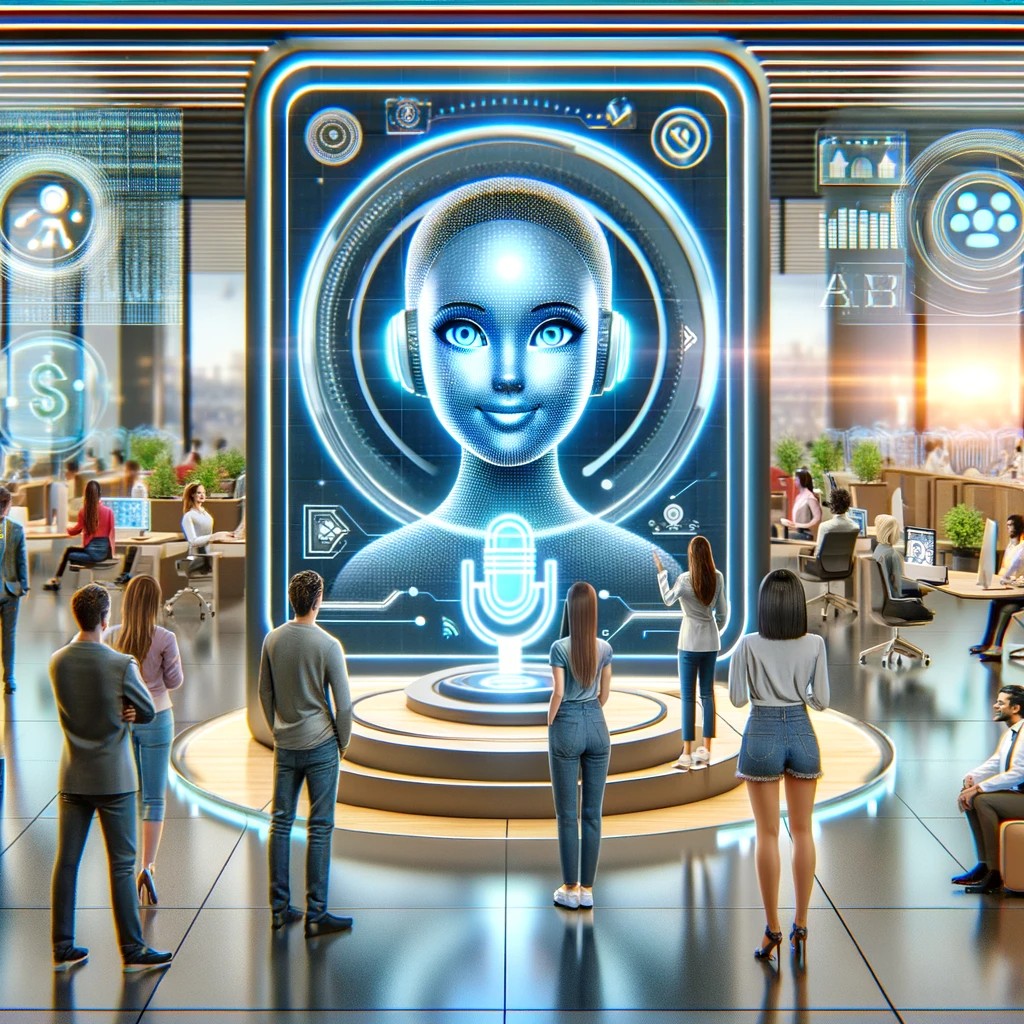While it’s tempting to categorize large language models (LLMs) as fancy databases or advanced information retrieval systems, their capabilities extend far beyond that. They are not simply repositories of factual knowledge but complex models that understand the nuances of language.
The “Knowledge Depth vs. Breadth” Trade-off is a Major Challenge for AI Models
The breadth of an AI’s knowledge is undeniable. Trained on vast datasets, these models can weave tapestries of information, stitching together facts from countless fields. They can translate languages, write poems, and even generate code with astonishing fluency.
However, beneath this dazzling potential often lies a troubling emptiness. The AI may speak of philosophy, but does it truly grasp the existential conundrums that vex humanity?
The crux of the matter lies in the distinction between knowledge and understanding. An AI can access and process information at an unimaginable scale, but true understanding requires something more. It demands the ability to connect data points, discern nuanced meanings, and apply knowledge to real-world situations.
It hinges on critical thinking, the ability to question, analyze, and synthesize information into wisdom. This, unfortunately, remains the elusive Holy Grail of AI research.
The current generation of AI excels at pattern recognition and statistical analysis. They can identify correlations in data with uncanny accuracy, but they often lack the ability to interpret these patterns within a broader context.
Their responses, while factually accurate, can be devoid of insight or judgment. They may mimic the language of wisdom, but the true essence, the distilled understanding of lived experience, remains beyond their grasp.
How Can We Improve the Efficiency of LLMs
Researchers are exploring several approaches to addressing the “knowledge depth vs. breadth” trade-off of AI models. Some are beginning to explore models that leverage symbolic reasoning and logic, aiming to move beyond pure statistical correlations and foster a deeper understanding of concepts.
Efforts are also underway for so-called “Explainable AI” models that can explain their reasoning processes, making their outputs more transparent and trustworthy.
We can also improve things by combining the strengths of AI and human expertise. Humans can provide context, interpret results, and ensure ethical considerations are met, while AI can process vast amounts of data and offer new insights.





